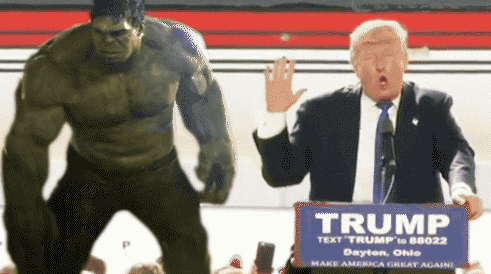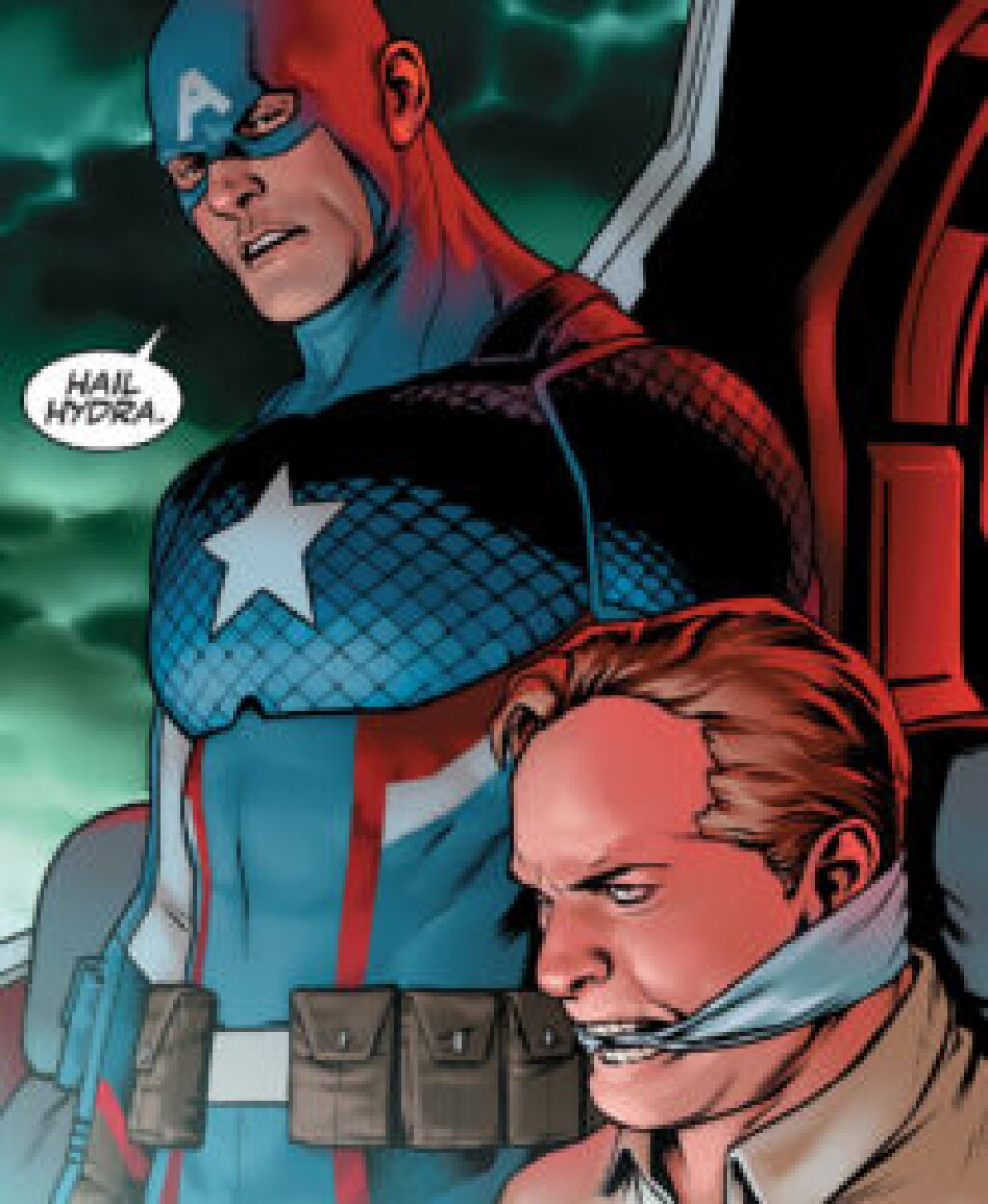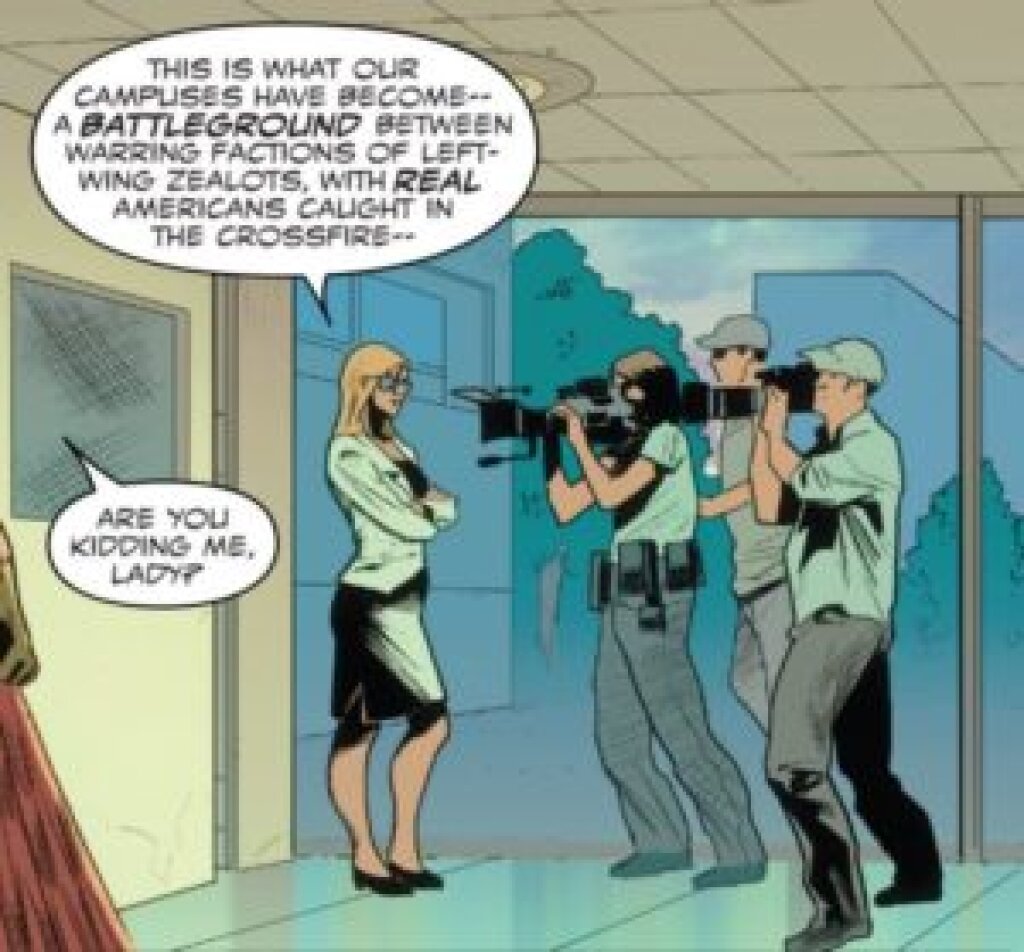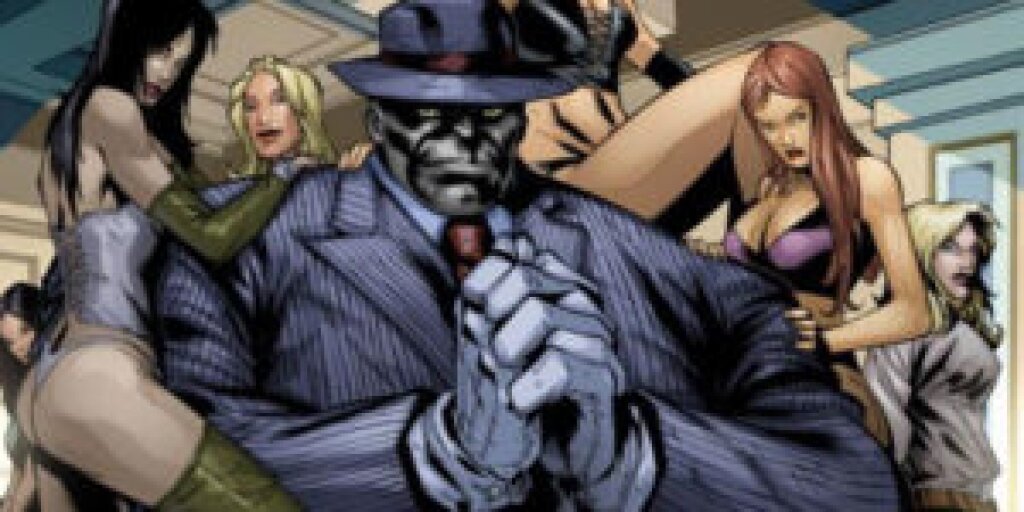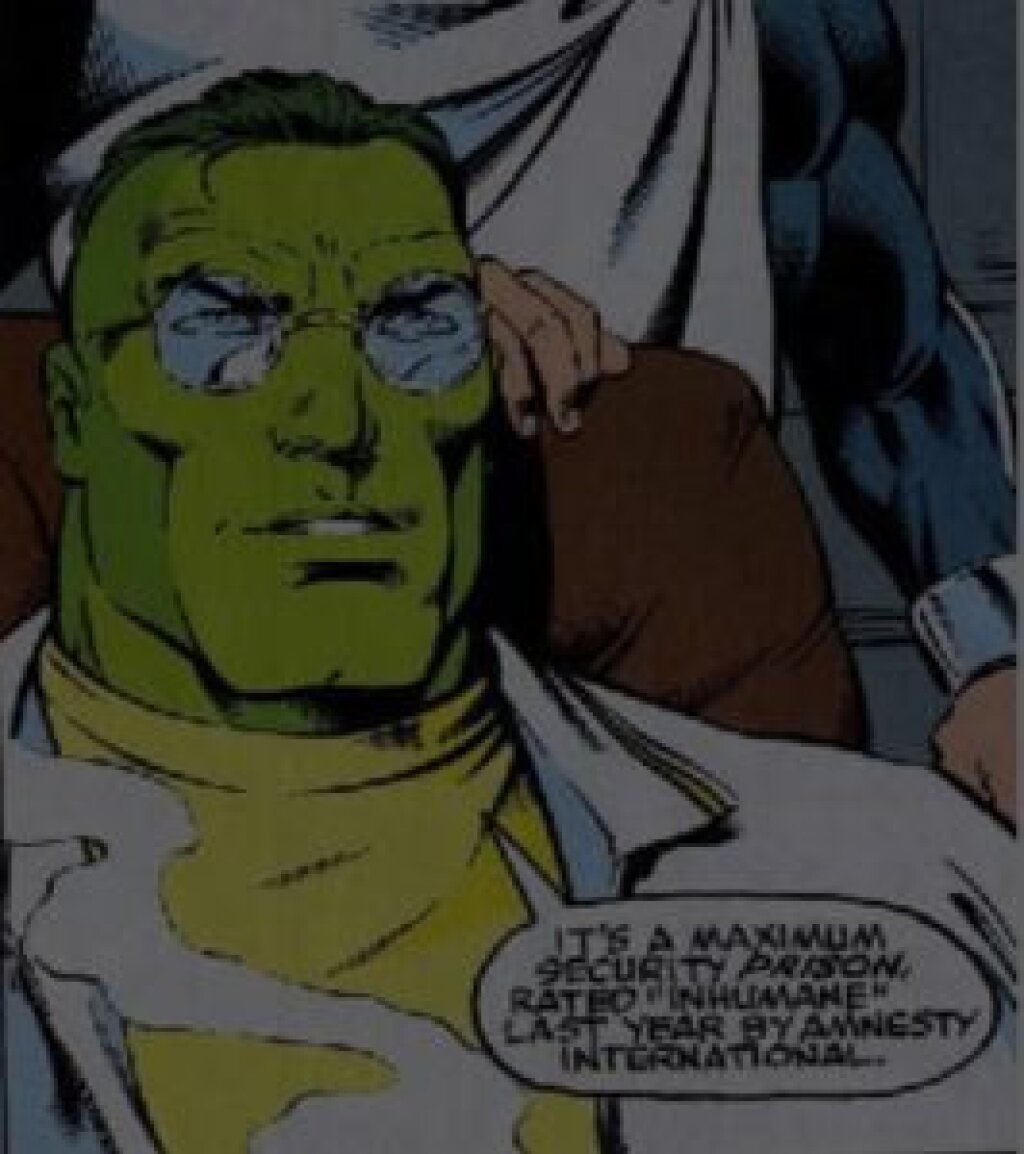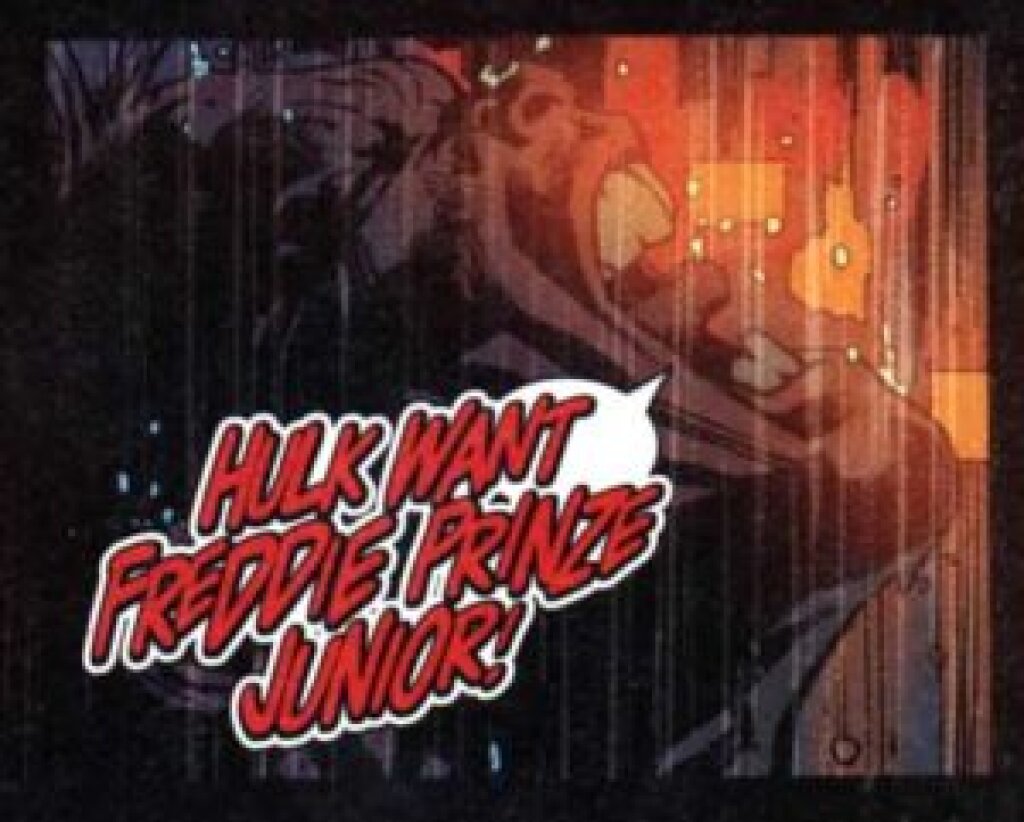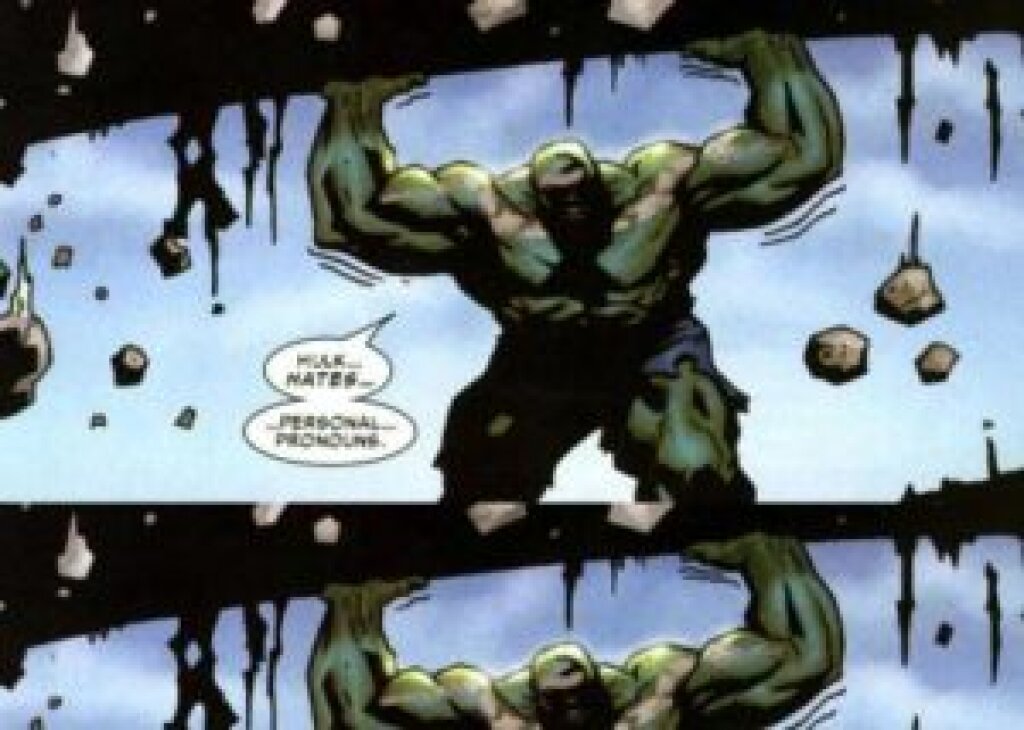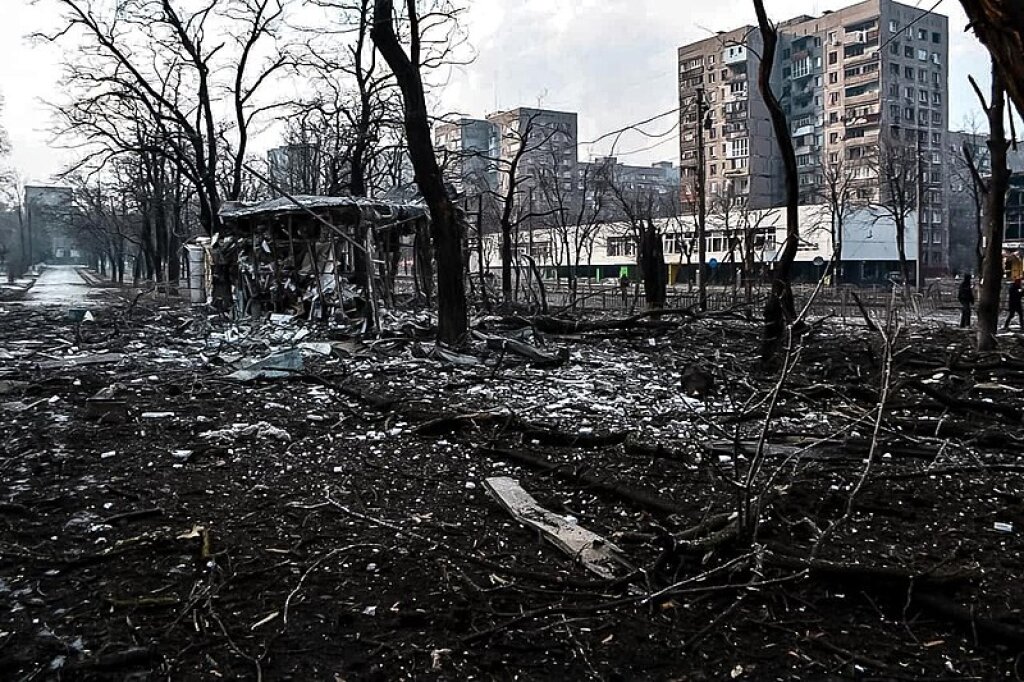The election of Donald Trump is the mother of all American political disasters, a craven, yellow streak down the back of the body politic. The debasement of public discourse is, at this point, no surprise, but who would have expected it to trickle down to the American media’s coverage of Russia?
As if the 2015 speculation that Putin has Asperger’s weren’t enough, an offhand comment by Henry Kissinger now has pundits turning to Dostoevsky in order to explain the man they so mysteriously find mysterious. Of course, it’s wonderful when current events gets people to turn to the classics. I myself am often inspired by Kissinger’s career to recommend Dr. Strangelove. And recently, Ani Kokobobo proposed a very intelligent reading of Trump’s rise through the lens of Dostoevsky’s Demons.
But Dostoevsky and Putin? The comparison is both too easy (“He’s Russian, so let’s bring in Dostoevsky”) and too weak. Dostoevsky famously delves into the inner lives of his characters, providing them a psychological depth that rewards rereading. The endless speculations about Putin are based on the exact opposite phenomenon: a near-total lack of access to his inner life.
Dostoevsky shows human beings to be complex, contradictory creatures who can never be explained by just one thing, but the current crop of Putin punditry desperately wants to reduce the Russian president to a single moral quality (“evil”) and a single motivation (usually the restoration of the Soviet Union). I say this not out of admiration for Putin, whose years in power have set his country on a depressingly authoritarian path, but out of disappointment in writers who equate him with his (admittedly hilarious) SNL caricature.
Monocausal explanations have the virtue of catchiness and the vice of absurdity. What happens if we turn this oversimplifying gaze on the United States? In the interest of Truth, Justice, and the American Way, I decided to find out.
Here I Come to Save the Day...
Just a brief survey of American literature made it clear that I was looking for lineage in all the wrong places; no one in American letters has ever played a role like that enjoyed by Dostoevsky. Even more important, America is not a country that pledges allegiance to the classics, unless, like our president elect, you count The Art of the Deal. We gave the world the gift of mass culture, and it is in mass culture where we’ll find our analogies.
More specifically, in comic books. If Putin can be explained by Dostoevsky, America and its foreign policy can be explained by superhero comics.
Sean Guillory proposed Captain America as our model, and he is a tempting figure. After all, Steve Rogers abandoned his cape post-Watergate to become “Nomad, the Man without a Country,” and now, as we consider the possibility that our new president is on a mission from Moscow, Steve Rogers is mired in a storyline about his secret status as a mole for Hydra.
Meanwhile, his former partner, Sam Wilson, is the first black Captain America, and faces constant right-wing aspersions on his patriotism.
But Captain America is too on the nose. He reflects America rather than explaining it. For over fifty years, the United States and its place in the world have found a metaphor in Marvel Comics’ The Incredible Hulk.
You Wouldn’t Like Us When We’re Angry
For a big, dumb monster best known for smashing things, the Hulk is a surprisingly complex and multifaceted character, much like the country that gave birth to him. Unlike Captain America, he doesn’t provide a chronological, decade-by-decade equivalency, although it does make sense that his television incarnation spent the Jimmy Carter years wandering from town to town to the accompaniment of a sad theme called “The Lonely Man.”
The key to the Hulk (at least in his classic form) is his Jekyll-and-Hyde predicament; as Bruce Banner, he is calm, intelligent, and rational, but if you get on his bad side, he has all the finesse of a fleet of fighter jets carpet bombing Indochina. But he also has a perfectly American combination of naive innocence and plausible deniability: most of his violence is provoked by his enemies, and he rarely has to take responsibility for the consequences of his actions.
Readers who have not wasted as much of their lives on Marvel Comics as I have might not be aware that, over the years, there have been multiple Hulks, each of them connected with a different facet of the American Id. For several years, he was a gray, morally ambiguous enforcer named “Joe Fixit.” Smart, tricky, and surrounded by beautiful women, Joe Fixit was Bill Clinton before Clinton became a household name.
After Joe Fixit, Bruce Banner’s multiple personalities combined into a single coherent, intelligent, but still super-strong hulk known as “The Professor.” The Professor talked a good game, but was perfectly willing to lay waste to his enemies when talk failed (much like a professorial, Nobel-prize winning American president with a taste for drone warfare).
While George W. Bush was in office, another version of the Hulk was catapulted to a distant, savage desert planet which he quickly conquered, but destroyed in the process.
There have been Red Hulks, Green Hulks, and Blue Hulks, but our incoming orange-hued president is clearly the hulkiest of all: big, dumb, with an elementary-school vocabulary and serious rage issues, he shares many traits with his green-skinned counterpart (after all, he gets along great with the Greens). First, there is his habit of picking fights with celebrities:
Then there is his notorious habit of speaking of himself in the third person:
It’s sad, really. Marvel offers us so many different hulks to chose from, and we end up with Orange Hulk. In the comics, Bruce Banner has a cousin who became She-Hulk. Nearly as strong as Banner, she smashes with equal impunity.
Unfortunately, even She-Hulk can’t break glass ceilings.

